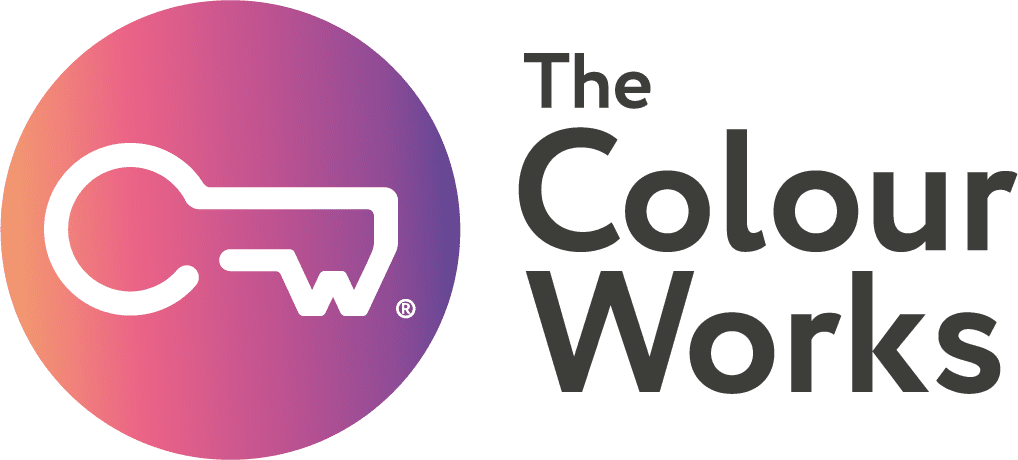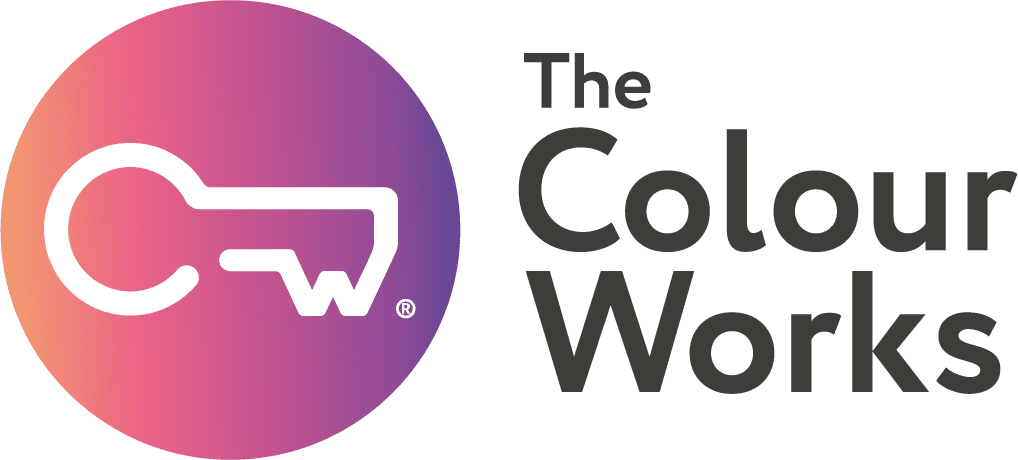Why not view our solutions on workplace culture today?
Why do negative experiences and memories have more sticking power than the positives?
A fight with your other half or a difficult meeting will bed down and make itself comfortable in your present mind for much longer than a week’s worth of compliments. You’re more likely to remember and hold to heart having been referred to as ‘disappointing’ than all of the occasions you’ve been bigged up recently.
This phenomenon is largely explained by chemistry.
‘There is no more powerful skill hardwired into every human being than the wisdom of conversations.’ – Judith E. Glaser
When staring criticism or rejection, for example, in the face, our bodies produce higher levels of cortisol, a hormone that shuts down the thinking centre of our brains and activates conflict aversion and protection behaviours. Not only do we develop a higher sensitivity to what is directed our way, but our perception warps so that we identify higher levels of judgement than may actually exist. According to Judith E. Glaser and Richard D. Glaser:
‘these effects can last for 26 hours or more, imprinting the interaction on our memories and magnifying the impact it has on our future behaviour. Cortisol functions like a sustained-release tablet – the more we ruminate about our fear, the longer the impact.’
Positive experiences produce a different hormone. Oxytocin, commonly known as the ‘feel-good’ hormone or the ‘love drug’, acts as a neurotransmitter in the brain, elevating our ability to communicate, collaborate and develop trust in others. Metabolising at a higher rate than cortisol, however, leaves its effects less dramatic and long-lasting. Acquiring and remembering this information could be critical in managing a successful, satisfied and passionate team of people around you, by allowing you to be more mindful of your interactions and the behaviours that run alongside them. These chemical reactions are fast, and you can’t take them back!
In ‘Conversational Intelligence‘, Judith talks about ‘C-IQ’, or ‘a person’s ability to connect and think innovatively, empathetically, creatively and strategically with others’. She states that ‘behaviours that increase cortisol levels reduce C-IQ’, and those that spark oxytocin, by contrast, raise it. In her recent study analysing the frequency of negative (cortisol-producing) versus positive (oxytocin-producing) interactions in today’s workplaces, managers did appear to be using positive, oxytocin and C-IQ elevating behaviours more often than negative behaviours, however approximately 85% also admitted to ‘sometimes’ acting in ways that could derail not only specific interactions but also future relationships. Unfortunately, when leaders display behaviours and hold interactions reflecting both sides of the coin, uncertainty and dissonance prove to surface in recipient individuals, spurring cortisol production and reducing CI-Q.
Having difficult conversations and being honest with people is not off the cards; in fact it’s more important than ever to communicate effectively with your people. It’s simply that, to limit cortisol production and hopefully stimulate oxytocin instead, thereby nurturing trust and positivity in your relationships, leaders especially need to be mindful of how inclusive and supportive their interactions are. Harness the chemistry of conversation.
Judith E. Glaser is a consultant to Fortune 500 companies and author of 6 books including ? Conversational Intelligence. Richard D. Glaser received his Ph.D. in Biochemistry and has worked in the pharmaceutical and biotechnology industries for his entire professional career. He is a founding member of The Creating WE Insitute.
Related Articles
Hybrid Working – Good News, Bad News? Who Can Say?! based on research conducted in July 2021
Background At The Colour Works we support a network of over 170 Learning and Development specialists known as Client Practitioners …
Read MoreCoaching – It’s A Question Of Time
A few days ago I accidently came across an online clip of a discussion between Bill Gates, founder of Microsoft, …
Read MoreDoes Remote Working Create A Silo Mentality?
Now that we have a multitude of tools at our fingertips, all designed to improve the productivity of remote teams, …
Read More






